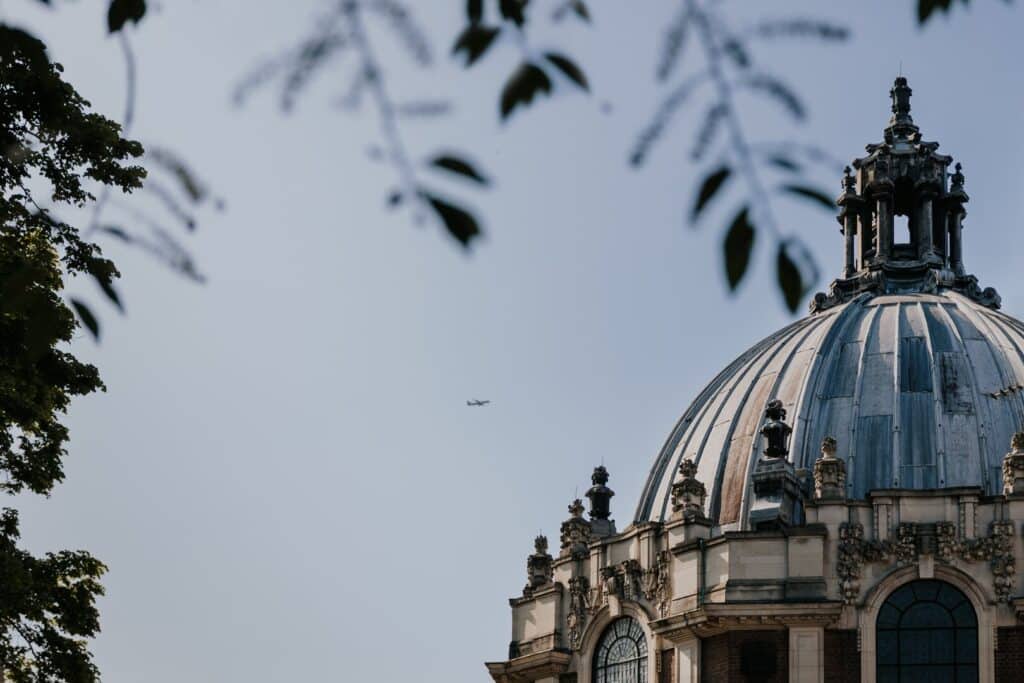Perhaps the most notable positive change that the pandemic brought, amidst the backdrop of masks, testing and quarantine, was Eton’s ability to access speakers and intellectuals through Zoom. Whilst we are fortunate enough to see COVID subside and in-person talks return, the trend of virtual webinars has not stopped. Thus, SciSoc was able to introduce Professor Avi Loeb, an author and Professor of Science at Harvard University, to a virtual audience at last week’s meeting.
The talk, anchored around his bestselling book Extraterrestrial, was an engaging zip between the themes of humour, technicality and morality.
Professor Loeb provided three compelling reasons for the establishment of the Galileo Project just last year, which employs cutting-edge technology to tackle the most fundamental question: Are we, as intelligent life, alone in the universe?
“If you are not ready to find exceptional things, you will never discover them,” Professor Loeb pointed out. Indeed, half of all stars with similar characteristics to the sun host a planet like the Earth. By pure probability it is overwhelmingly likely that, despite the complex evolutionary processes that brought us here, in one of the quintillion habitable planets, intelligent life may also arise.
If you are not ready to find exceptional things, you will never discover them.
Professor Avi Loeb
As our speaker explained, the objection of the clergy and philosophers to Galileo’s evidence could not and did not change the way the Earth orbits around the sun. The only way that we can make progress is through the collation and interpretation of evidence.
In fact, there have been many cases of speculated evidence of extra-terrestrial life. One of these was the pancake shaped terrestrial object termed Oumuamua, discovered by a Hawai’ian observatory in 2017. It had very strange properties, was larger than normal objects by 2 to 8 orders of magnitude, deviating from the Keplerian orbit and with an extreme shape that caused major peaks and troughs in light reflected.
Professor Loeb reminded us that to say that it is natural is as absurd as to say it was made by intelligent species, commenting that “a cell phone is not a rock of a ‘Never-Before-Seen’ type.”
The discoveries that the Galileo Project might encounter are not a given. Still, the magnitude of the question it is seeking to answer, the importance of evidence in scientific discoveries and its reminder of our shared human characteristics all make it an invaluable contribution to science.
We extend our sincerest gratitude to Head of Science Mr Townley, to all members of the Scientific Society who organised the event, and, of course, to our wonderful speaker Professor Avi Loeb.



